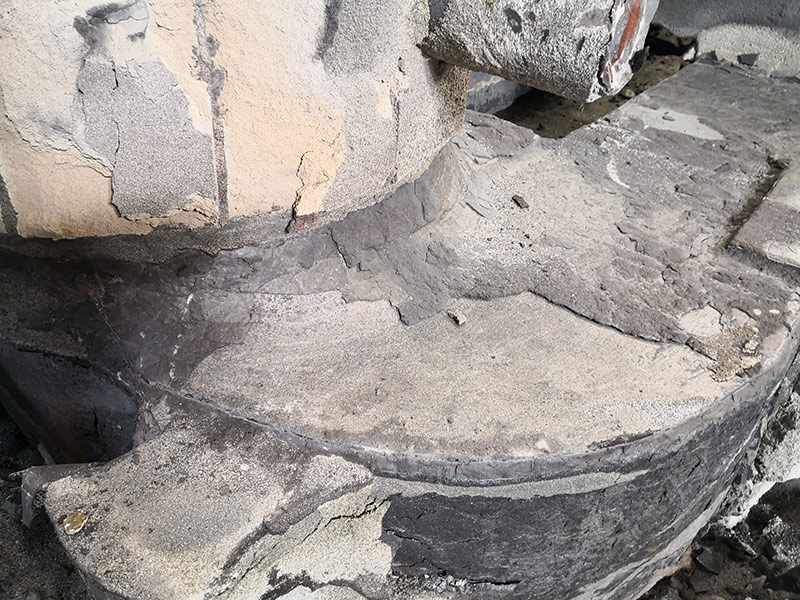What is Resin Coated Sand?
Resin coated sand is an innovative material that has gained significant prominence in various industrial applications, particularly in the foundry and casting industries. This specialized sand is produced by coating regular sand granules with synthetic resin, which enhances its mechanical properties and overall performance in high-temperature applications. In this article, we will explore the manufacturing process, advantages, applications, and future prospects of resin coated sand.
Manufacturing Process
The production of resin coated sand typically involves several key steps. First, high-quality silica sand is selected and cleaned to remove impurities. The sand grains are then dried to ensure that they are free of moisture, which is crucial for achieving a high-quality coating.
The next step involves mixing the dried sand with a thermosetting resin, commonly phenolic or furan resin. This resin is usually combined with a catalyst that initiates a chemical reaction, causing the resin to adhere tightly to the sand grains. The proportion of resin and sand is carefully controlled to achieve the desired characteristics, such as hardness and flowability.
After the resin is applied, the mixture is cured in a heated environment. This curing process solidifies the resin, forming a strong bond between the sand grains and creating a durable and heat-resistant material. Finally, the coated sand is cooled, processed, and packaged for distribution.
Advantages of Resin Coated Sand
1. Superior Strength and Durability One of the primary advantages of resin coated sand is its exceptional strength. The resin coating significantly enhances the compressive and tensile strength of the sand, making it suitable for demanding applications such as metal casting.
2. High Thermal Stability Resin coated sand can withstand high temperatures without degrading, making it ideal for the production of metal castings. It helps maintain the integrity of molds during the melting and pouring of metals.
3. Excellent Surface Finish When used in casting processes, resin coated sand promotes a smooth surface finish on the final product. This is particularly beneficial in industries where appearance and precision are vital, such as the automotive and aerospace sectors.
4. Reduced Volatile Emissions Traditional sand casting methods often release harmful emissions due to the use of organic binders. Resin coated sand reduces these emissions, contributing to a safer and more environmentally friendly production process.
what is resin coated sand

5. Versatility Resin coated sand can be tailored to meet specific requirements by adjusting the type of resin, sand grain size, and coating thickness. This flexibility allows it to cater to a wide range of applications.
Applications
The primary application of resin coated sand is in the foundry industry, where it is used for making sand molds and cores. It is particularly popular for producing complex casting shapes that require high precision and a good surface finish.
Apart from foundries, resin coated sand is also utilized in various other industries, including
- Automotive Industry For manufacturing engine components and transmission cases where precision and surface quality are crucial. - Aerospace In the production of parts and components that require high strength-to-weight ratios and excellent surface finishes. - Construction For making high-quality concrete products and precast structures that demand enhanced durability.
- Oil and Gas In the production of specialized components used in drilling and extraction processes.
Future Prospects
As industries continue to evolve and demand for high-performance materials increases, the resin coated sand market is poised for growth. Innovations in resin technology and production methods are likely to enhance the properties of resin coated sand further, making it an even more attractive option for various applications.
Moreover, the push for sustainability in manufacturing processes is driving interest in resin coated sand, as it offers a more eco-friendly alternative to traditional binding agents. Research into bio-based resins could also lead to the development of greener variants of resin coated sand, aligning with global sustainability goals.
Conclusion
Resin coated sand represents a significant advancement in material science, providing a host of benefits that enhance the performance and versatility of sand in industrial applications. With its superior strength, thermal stability, and excellent surface finish, resin coated sand is shaping the future of casting and manufacturing processes across multiple sectors. As research continues and new technologies emerge, resin coated sand is likely to play an even more critical role in the industries of tomorrow.
Post time:okt. . 17, 2024 09:57
Next:odlitek hradu z písku
